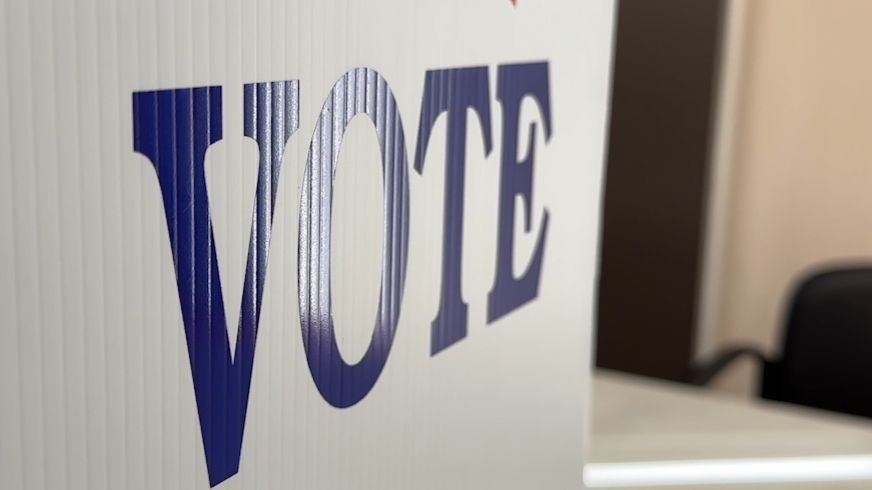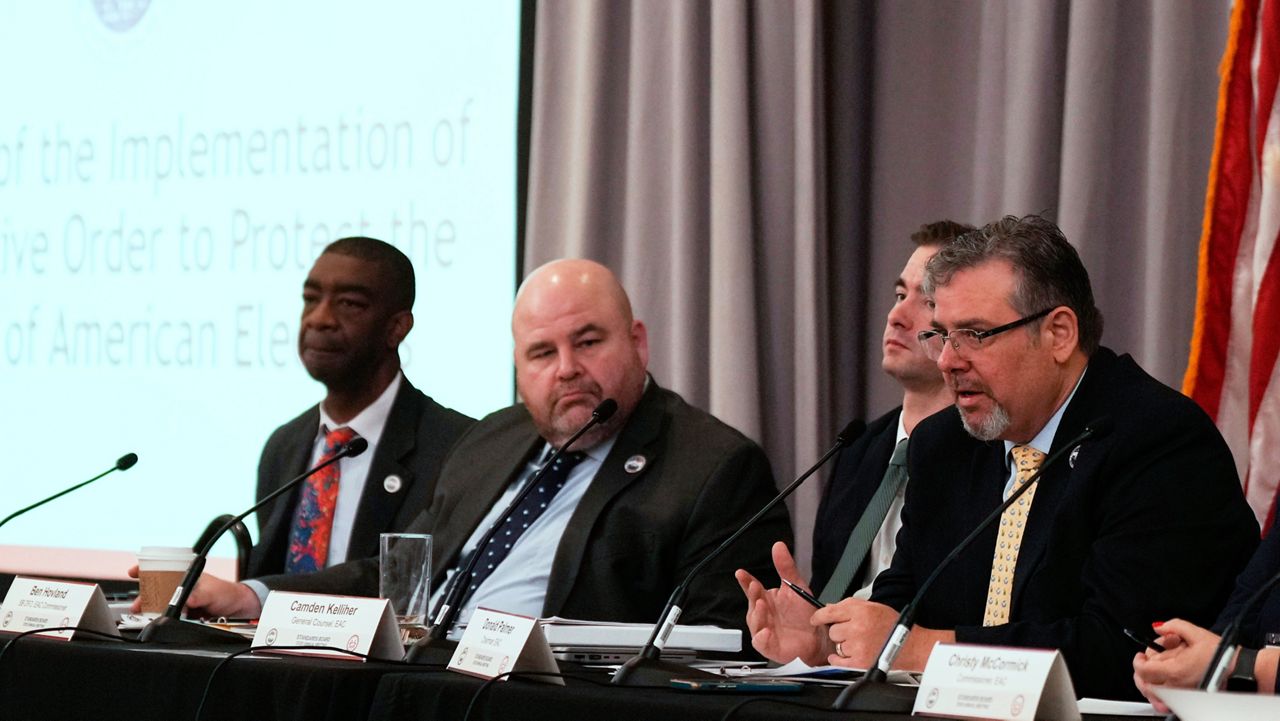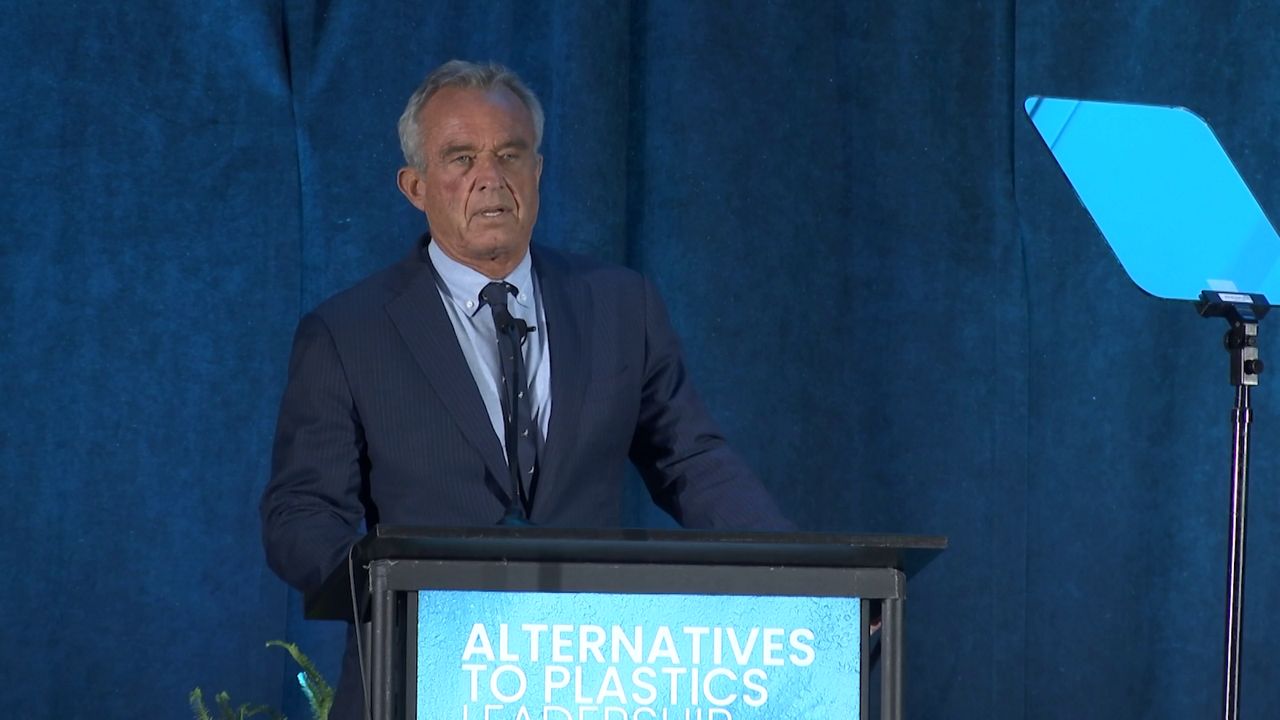WASHINGTON, D.C. — More than half of college graduates enter the workforce with student loan debts.
President Joe Biden came into office pledging to wipe out some of those outstanding loans. But for many future graduates, huge debts are still on the horizon.
“Debt is astronomical for students, and we think it’s high time something is done about the cost of a rising college education,” said Rep. Virginia Foxx, a North Carolina Republican.
Foxx opposes Biden’s debt forgiveness proposals, which shift the cost of unpaid loans essentially to taxpayers.
Instead, she wants to hold schools directly accountable for their students' debts.
“We want the schools to have skin in the game,” Foxx said.“We want the schools to have skin in the game,” Foxx said.
Foxx, a former college administrator whose 5th Congressional District stretches from Winston-Salem to Watauga County, has introduced the College Cost Reduction Act.
The legislation would require schools to be responsible when loans go unpaid, meaning they would pay the government for a portion of a former student's unpaid interest.
The bill also would cap federal loans at $50,000 for undergraduates and enhance Pell Grants to eligible students.
Another focus is transparency. Schools would be required tell students how much their degree program will cost.
“We want you to hold tuition constant for the entire time that the [students] are in the institutions so students can plan and they can plan their financial situation so they will know upfront what it is going to cost,” Foxx said.
Sameer Gadkaree heads a nonprofit that seeks to make higher education more affordable and the costs more transparent.
He said he supports parts of Foxx’s bill but warns it would repeal Biden’s SAVE plan, which cuts student loan repayments for selected borrowers.
“If you are one of the student loan borrowers who’s taken on student debt, doesn’t have a degree, it isn’t paying off, you’re earnings aren’t very high. It’s important, we think, to shield you from student loan payments that are simply unaffordable. And that’s one of the steps forward that the SAVE plan does, that the Biden administration put forward, that this bill would not support,” said Gadkaree, president of the Institute for College Access and Success.
Foxx said borrowers wouldn’t see their payments increase under her legislation.
Parts of the proposal have received bipartisan support in the past, but other provisions may be a harder sell, and so far, it has no Democratic co-sponsors.
Foxx said it would be the most significant reform of higher education in nearly 60 years.










